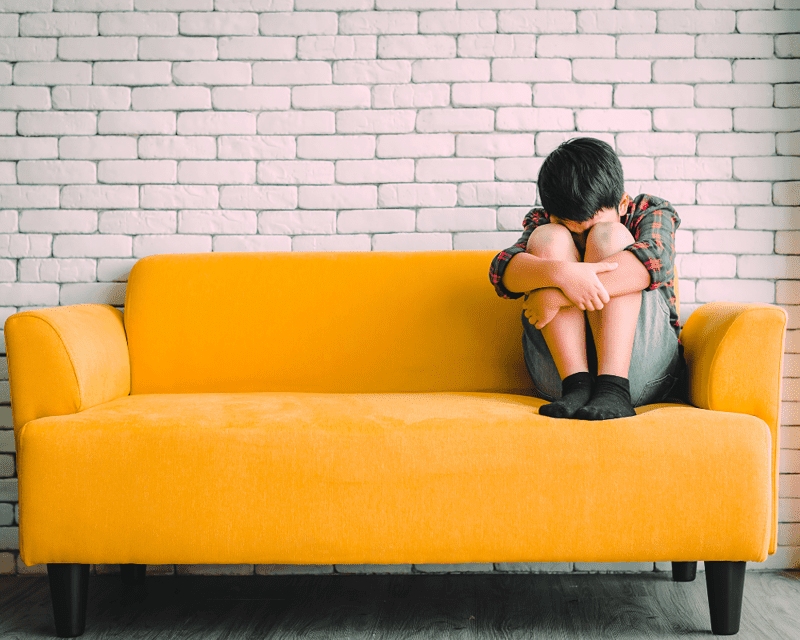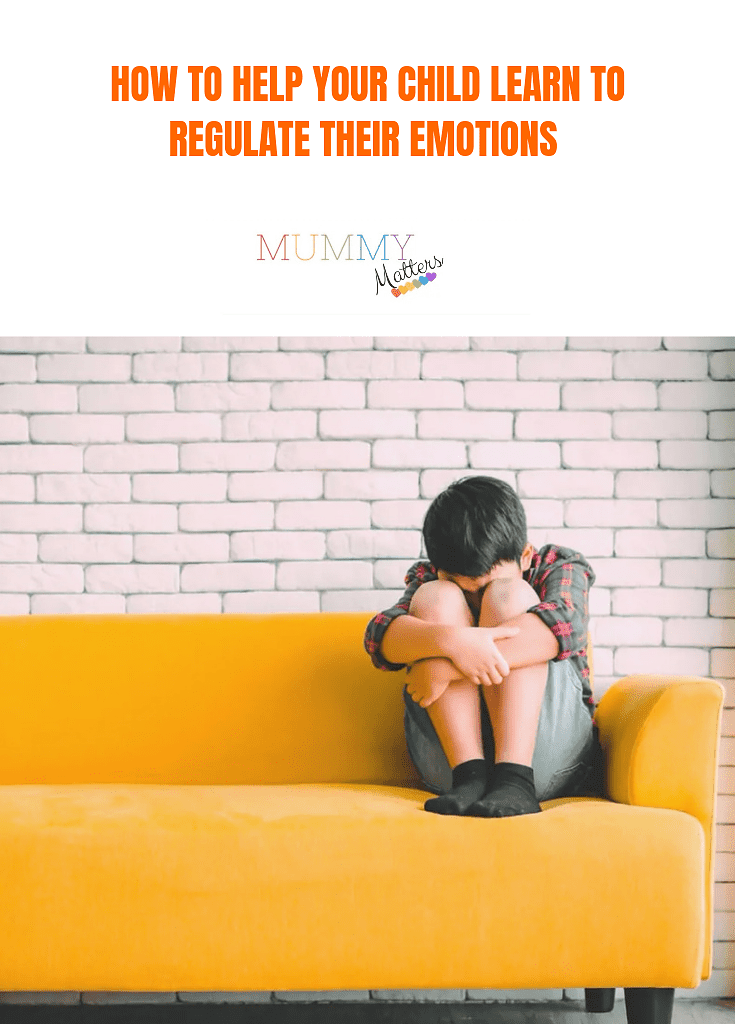Emotions are often misunderstood or even given a bad name. You may wonder why your child is being so emotional if they react in a big way to a seemingly simple request. But while a child’s emotions can often be confusing, frustrating, or even concerning to you, it’s important to remember that emotions play a massive role in our lives and mental health, and the same is true for kids. Feelings help children communicate, problem-solve, and judge situations. So, what can you do to help your child better understand and regulate their emotions?
Labelling Emotions and Feelings

The most important thing you can do to help your child with emotion regulation is to focus on building their emotional intelligence. This is especially true for foster parents, as you may be caring for a child who has not had a chance to develop emotional intelligence in the past. You can find more information and get support from orangegrovefostercare.co.uk. The ability to recognise and talk about emotions is key to emotional intelligence development. Encouraging your child to label their experiences is a good place to start. When your child can describe how they are feeling, it becomes easier for them to recognise and regulate their emotions, along with making it easier for them to talk about how they feel with others.
Accept Your Child’s Emotions
When helping your child learn how to regulate their emotions, developing a mindset of acceptance is key. Often, tense and difficult emotions can be challenging to deal with, especially if you did not get the chance to learn how to regulate your own emotions well as a child. It can be easy to act on the instinct to try and solve the problem or make the feeling go away, but this is not always helpful. Instead, validate your child’s feeling – even if you don’t personally agree with them, simply stating that you understand how they are feeling is important. Take an open, curious approach and try to understand whatever feelings your child is experiencing.
Ensure a Safe and Supportive Environment

The process of labelling emotions, becoming more emotionally intelligent and learning how to regulate your emotions will happen best in a supporting and accepting environment. In order for your child to feel comfortable to open up about how they feel with you, it’s important that you provide an open, steady and secure presence that helps them understand that they are in a safe place. When your child is in a place where they feel accepted and safe, they will find it much easier to reflect on how they are feeling.
Don’t Take Things Personally
It is important to try and avoid taking your child’s feelings personally. Tight and defensive emotions can often feel attacking and be difficult to deal with, but keep in mind that this is just the outer behaviour of the child. Their inner world might be vastly different, and most kids, simply want to be heard, acknowledged and understood. Notice your own feelings and be gentle with yourself too.
Teaching children how to regulate their emotions is a huge part of being a parent or foster parent. By creating a safe environment in your home and putting these strategies in place, you can help your child become more emotional intelligence and better able to regulate their feelings.

